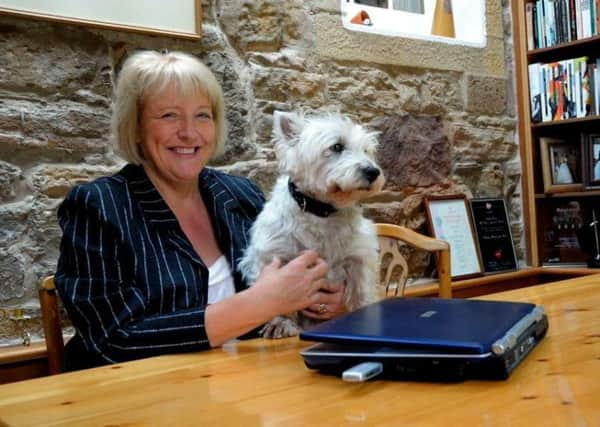Tribute to leading journalist Nicola


She was 66. Septicaemia caused the organ failure which finally took Nicola’s life in the Western General Hospital, where she had been undergoing treatment since October last year and where, for a time, until she suffered a fatal relapse, looked like making a good recovery.
News of Nicola’s death came as a shock to her husband, Alastair Murray, a fellow journalist, and the many colleagues who worked with her on Scotland’s leading newspapers, where she was a star columnist.
Advertisement
Hide AdAdvertisement
Hide AdNicola was a spectacularly good writer and won 27 press awards and was Columnist of the Year three years in a row in the Scottish and UK Press Awards.
She was attractive, intelligent and effervescent and she came from a privileged background.
Her parents, Monica Craig and Claude Barry, were both doctors. Her father was a consultant anaesthetist at the Western General in Edinburgh and her mother, who had been a debutante and was presented at Court, retired from medicine when they married.
Nicola’s grandfather, Sir Maurice Craig, a Cambridge-educated consultant psychiatrist, was appointed as Physician for Psychological Medicine at Guy’s Hospital in London, and is widely recognised as a pioneer in the treatment of mental illness. He was psychiatrist to Virginia Woolf for 22 years, and to the future King Edward VIII, who abdicated.
Advertisement
Hide AdAdvertisement
Hide AdNicola’s uncle, Abbot Patrick Barry, was the headmaster of Ampleforth College in Yorkshire – the Eton of the North - for 15 years. He died last year, aged 98, and was regarded as one of the outstanding headmasters of the 20th century. On his retirement, he became head of the Benedictines, the largest monastic community in Britain.
Nicola, who was educated and boarded at the Holy Family convent school in Littlehampton, Sussex, and graduated from St Andrews University was perhaps the most widely-read and influential Scottish woman journalist of her generation.
Despite her background and outstanding success, she retained a wry, self-deprecating personality, free of affectation, and was passionate about women’s and children’s issues.
Asked about her politics once, she said: “I would love to be able to say I was brought up in Ireland, in an independent country and subsequently, and know exactly what I am talking about.
“However, my only real link to that beautiful country is familial, a vaguely remembered grandfather who wore tweed trousers and smelled of pipe tobacco.